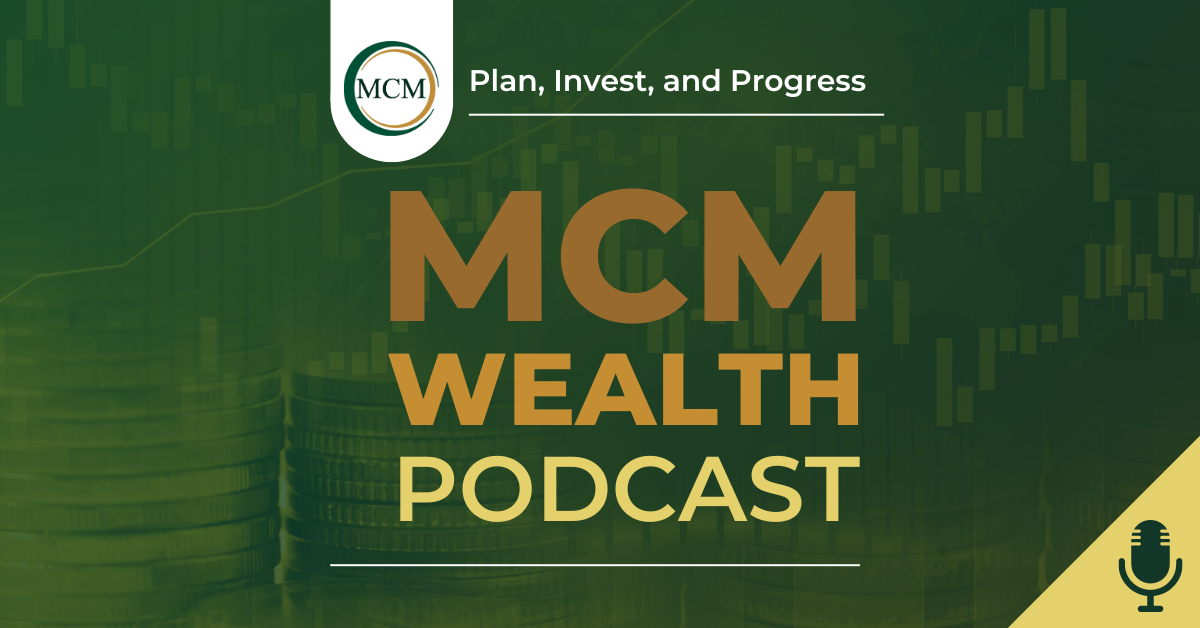
Preparing for Changes in Estate Tax Laws with Jerry Vanderzanden, CLU, ChFC
Podcast: Play in new window | Download | Embed
Are you prepared for the ticking time bomb of estate tax laws?
In this episode, Jerry Vanderzanden, CLU, ChFC, delves into his expertise in insurance planning and discusses how insurance specialists can contribute to advanced planning areas such as estate planning. He shares his advice on how investors can prepare for the upcoming changes in estate tax laws in 2026 and the importance of reevaluating estate plans to understand the implications of those potential changes.
Jerry discusses:
- Why he specializes in insurance and what he can do for financial advisors and their clients
- How insurance specialists get involved in advanced planning areas like estate planning
- What the estate planning cliff is
- How investors can prepare for the sunsetting estate tax laws in 2026
- And more
Connect with Geoff Hakim:
- MCM Wealth
- Office: 844-626-4949
- LinkedIn: Geoff Hakim
- geoff@mcmwealth.com
- Direct Line: 415-299-6574
Connect with Jerry Vanderzanden:
About Our Guest:
Jerry Vanderzanden, CLU, ChFC is an insurance planning specialist. Prior to resuming his professional insurance solutions and consulting activities, he held executive roles at major insurance companies and senior leadership roles at a broker-dealer, a general agency, and a national insurance marketing organization covering a wide range of areas such as insurance, distribution, product management, and advanced planning.